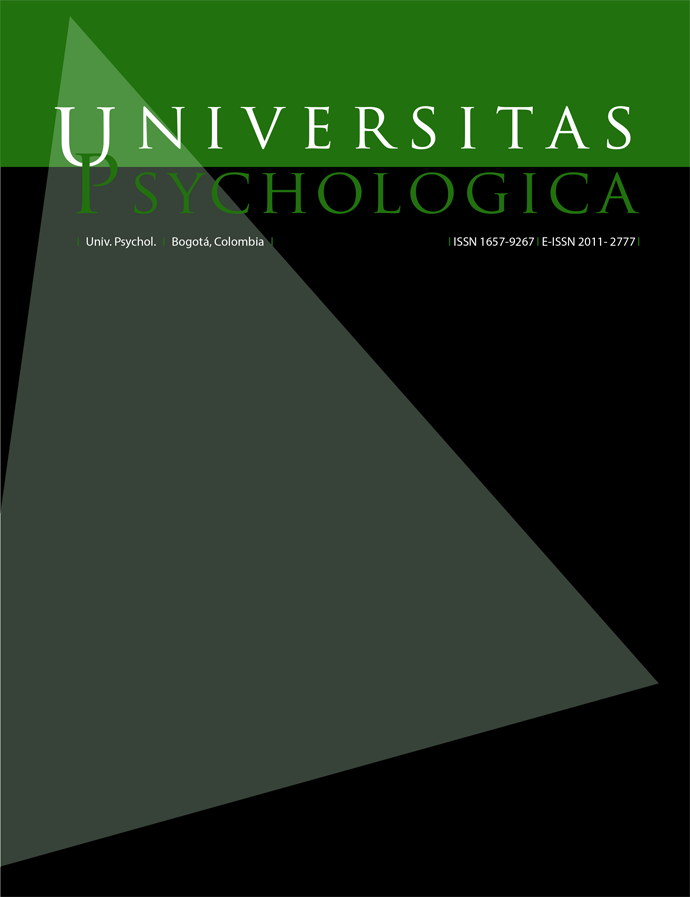Resumen
El presente estudio tiene como objetivo analizar las diferencias en los estilos de crianza de padres y madres, considerando los acuerdos de custodia y su impacto en la sintomatología de los hijos, considerando el ajuste familiar post-divorcio como variable mediadora. Los participantes fueron 286 padres divorciados o separados con alto conflicto interparental. A través de ANCOVA, se observó que después del divorcio, las prácticas parentales de padres y madres contribuyeron en igual medida al bienestar psicológico de los niños. Los padres sin custodia utilizaron un estilo más indulgente mientras que las madres con custodia mostraron un estilo más crítico. En ambos casos, los resultados de la mediación utilizando el PROCESO 2.15 mostraron cómo cada estilo de crianza se relacionaba con el bienestar psicológico de los niños a través de la adaptación familiar posterior al divorcio. Este estudio sustenta la necesidad de considerar tanto el tipo de custodia como el ajuste familiar postdivorcio en la comprensión del impacto de los estilos parentales sobre la sintomatología de los niños. Los resultados tienen implicaciones importantes en las orientaciones psicoterapéuticas y clínicas.

Esta obra está bajo una licencia internacional Creative Commons Atribución 4.0.
Derechos de autor 2024 Mireia Sanz Vázquez, Marta Herrero, Susana Corral, Susana Cormenzana, Ana Martínez-Pampliega


